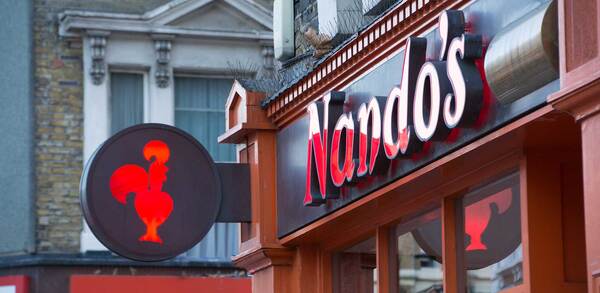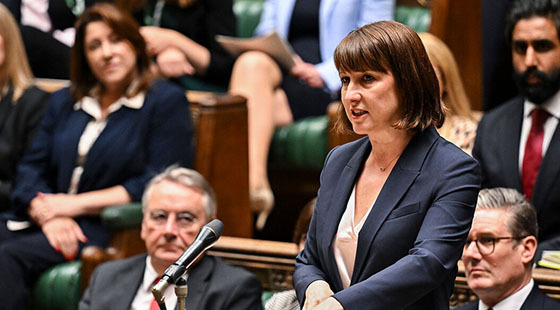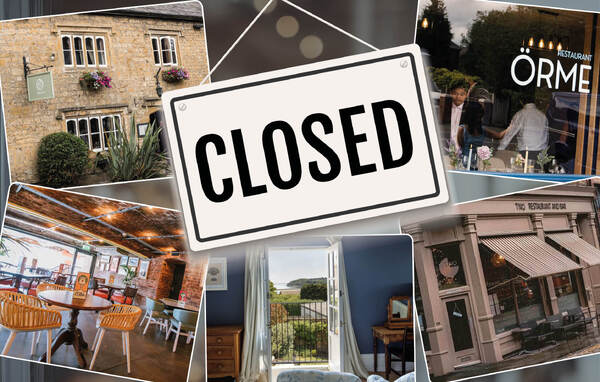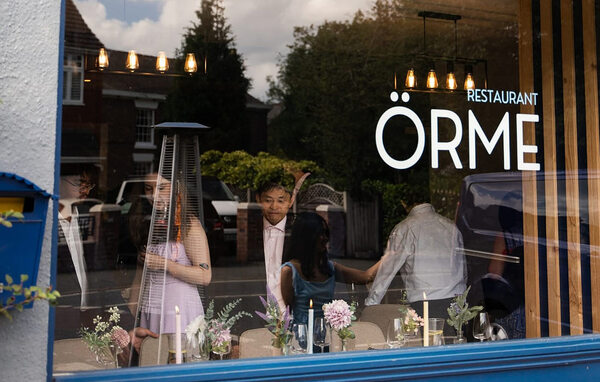Murder of the dance floor: nightclubs face a struggle to survive
Nightclubs face a crisis with young people increasingly choosing to stay in rather than go out, coupled with steeply climbing costs and the cost of living crisis. Emma Lake asks if clubs will make it til dawn
Nightclubs whose dance floors once shook with midweek students are having their strobe lights switched off and their speakers silenced as the cost of living crisis bites.
Between March 2020 and December 2023, 31% of UK nightclubs – some 396 venues – closed their doors for good, analysis by the Night Time Industries Association (NTIA) has shown.
“That’s a huge contraction,” said NTIA chief executive Michael Kill. “It’s hugely worrying and I don’t think things are getting any better.”
Kill warned the rate at which late-night operators are shutting their doors increased in the first quarter of 2024 and said government support was urgently needed.
There are 16,000 fewer licensed premises across the UK than there were in March 2020, according to Hospitality Market Monitor from CGA by NIQ. The number of drink-led pubs, bars and nightclubs has fallen by a staggering 43.6% between 2003 and 2023.
Many of the venues that have closed were independent, but high-profile brands are also feeling the pinch. In January Rekom UK, the UK’s largest nightclub operator with 46 sites, called in administrators, with chairman Peter Marks blaming a rise in business rates and wage costs, as well as the cost of living crisis hitting the spending power of its young audience.
Rekom has since closed 17 nightclubs, including sites under its Pryzm and Atik brands, with a loss of 471 jobs.
Rob Pitcher, chief executive of Revolution Bars Group, said its trading showed the stark reduction in young people’s discretionary spending power.
Revolution, the bar chain aimed at 18- to 25-year-olds, has seen a greater dent in sales than its sister Revolución de Cuba and Peach Pubs brands, which are aimed at older consumers. Pitcher said that Peach Pubs, whose typical customers are aged 45 and over, had in contrast begun to see an increase in the frequency of customer visits.
He added: “Post-pandemic that same group of 18- to 25-year-olds flooded back into venues very quickly in vast numbers, so we know they still very much enjoy a night out. But for the last 18 months they have been the hardest hit by the cost of living crisis.
“That Tuesday, Wednesday, Thursday night out has disappeared, and socialising has become more occasion-led because resources are limited. Saturdays continue to be pretty good, but the rest of the week is under real pressure.”
Kill agreed that the midweek student market had “collapsed”.
“There have been a couple of cities and towns I’ve been in recently where on a Thursday night, when you would expect to see a good few thousand people in town, there’s less than 200 people across the span of pubs and bars,” he said.
Sacha Lord, night time economy adviser for Greater Manchester, said the behaviour of young consumers had shifted since the pandemic and many had become used to socialising via screens rather than in late-night venues. He also pointed to a reduction in alcohol consumption among 18- to 24-year-olds, with a 2023 YouGov survey commissioned by the Portman Group suggesting that 39% abstain completely.
Lord, who is behind Manchester’s Warehouse Project club nights and the Parklife festival, said casual nights out had been killed off by the cost of living crisis, with people increasingly prioritising big-ticket events instead. He is concerned that the closure of grassroots venues, including pubs hosting live music nights, will have a negative impact on wider UK culture.
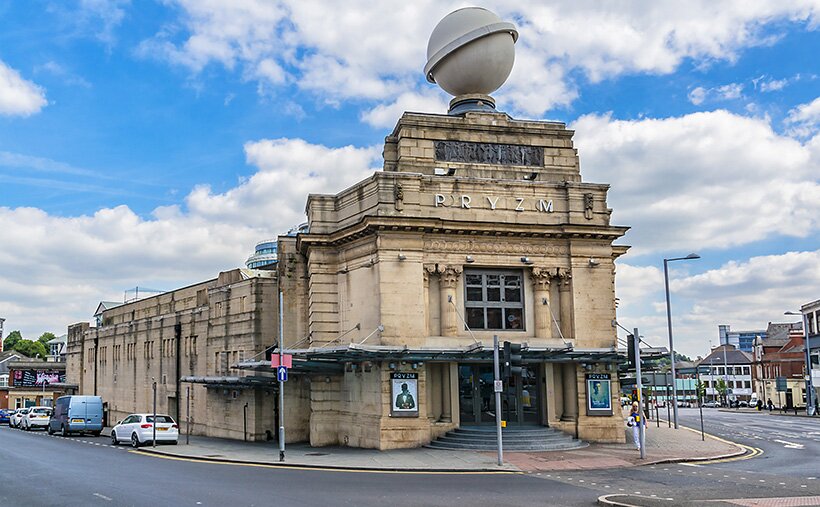
“People come to Parklife and they’ll see Stormzy or Doja Cat, who we have this year, on the stage – those people don’t just wake up one morning and they’re pop stars, they come through the grassroots venues,” said Lord.
“You take away the grass-roots venues, which are closing, and the bigger festivals will stagnate. My argument has always been that you should support the grassroots venues a lot more than the bigger venues, because that is where the new blood comes through.”
Pitcher is hopeful that the increase in the National Living Wage in April will make a difference to young people’s disposable incomes but he, along with Lord and Kill, stressed the need for government support.
Marks said rising costs had made Rekom’s business unviable and lamented the lack of support in last year’s Autumn Statement: “[While] the government’s Autumn 2023 Statement saved us £120,000 on our £5m rates bill, it meant we had to find an extra £2m in wages,” said Marks. “Not only that, the cost of goods and energy have also seen inflation-busting rises.”
For Kill, the lack of support from government at both a national and local level has become endemic. He said: “It somewhat feels like the government is systematically closing down dance floors and night life.”
Kill said the late-night sector had been damaged by a myriad of factors, including rising energy bills, an increase in alcohol duties, staffing shortages, price increases across the board, the implementation of late-night levies, increases to the National Living Wage, the impact of Dry January and the vilification of the industry in commentary around issues such as spiking.
He added: “Only so much can be thrown at people before the industry starts to creak. And the industry is creaking and suffering greatly.”
The NTIA chair said nightclubs had also suffered by not receiving the same level of support given to the wider hospitality industry during the pandemic. He added: “The scalability of support was not proportionate to the cost of operating, so many of those businesses, both independent and corporate, had to raise funds or take credit or loans. Those loans are now being paid off with the backdrop of a 30%-40% increase in operating costs.”
Pitcher said the 10pm curfew implemented during the pandemic had hit the late-night sector more acutely, while the temporary VAT reduction, which was not extended to the sale of alcoholic drinks, failed to provide the boost it did to food-led operators.
Ahead of the Spring Budget on 6 March he has called for a 12-month reduction in VAT to at least 12%, including drink sales, and a reassessment of business rates. Pitcher wants to see an extension of the 75% rates discount for eligible businesses, which is due to end in April, beyond its current cap of £110,000 per company.
If support is not forthcoming, Lord is clear what the future will hold: “If nothing comes to help, we will see closures off the scale. If there’s no help, there will be closures in the next two weeks. I know many people are crossing their fingers that we get a VAT reduction and if we don’t, they are going to close. It’s going to be really hard.”
Main photo: Anthony Delanoix/Unsplash. Pryzm: Kiev.Victor/shutterstock





